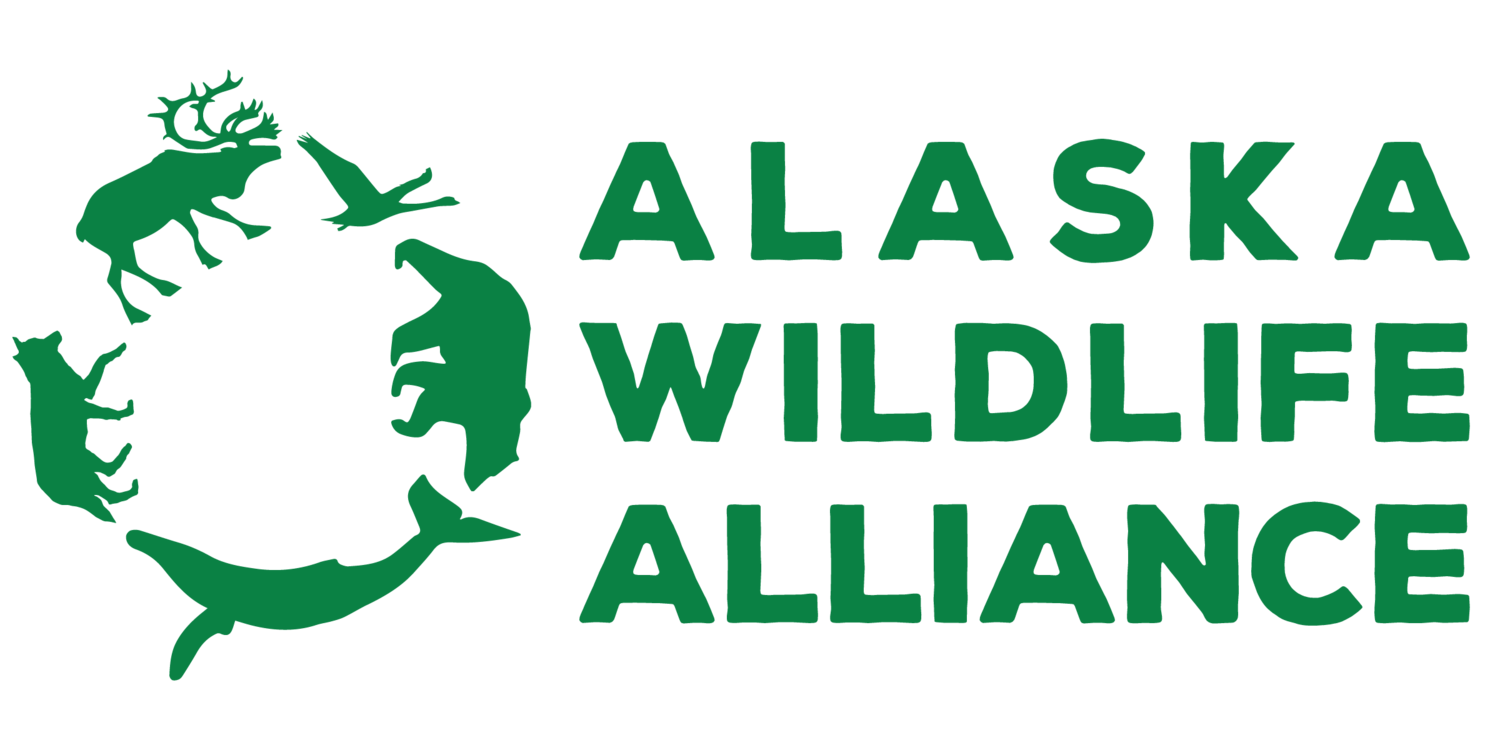The federal government, through the Bureau of Ocean Energy Management (BOEM), has proposed an oil and gas lease sale, called Lease Sale 258, in federal waters in Lower Cook Inlet. If it occurs, it would offer over a million acres in 9 square mile blocks resulting in 40 or more years of production of oil and gas in Lower Cook Inlet with new underwater pipelines, platforms, and associated increased traffic and tankers in the Inlet.
This lease would produce more emissions at a time when it is critical for Alaska to transition to energies that won’t create more greenhouse gases. Over the last few years, there has been serious damage to Alaska’s fisheries: pacific cod, snow crab, salmon in the Yukon, and others - with strong correlations to rising temperatures and loss of sea ice. The lease sale would occur in parts of critical habitat for the endangered Cook Inlet belugas which are struggling to survive. If a spill occurs, it would very likely end up on the west coast at the beaches of Katmai and Lake Clark, where our thriving bear tourism economy is located, and go as far down as the waters around Kodiak.
Courtesy of Cook Inlet Keeper
Join us in asking BOEM to Cancel Lease Sale 258
Sign the petition today!
Our concerns
The Lease Sale overlaps with the critical habitat for the endangered Cook Inlet beluga whale which continues to decline. Exploration and drilling can have serious impacts on marine mammals including the beluga whale, humpback whales, orcas, and dolphins throughout the development stage.
Critically endangered Cook Inlet beluga whale in the Kenai River. Photo by Madison Kosma
The Native Village of Nanwalek and the Native Village of Port Graham oppose this lease sale. Tribal leaders for both communities adjacent to the proposed lease area have expressed concern for the impacts oil and gas development would have on their subsistence resources that they need to survive. Many community members also remember the damage caused by the Exxon Valdez spill.
Lower Cook Inlet supports spectacular public lands that must be protected. Lower Cook Inlet supports the highest concentration of brown bears on the planet, and it’s surrounded by important state and federal protected areas, including: Katmai and Lake Clark National Parks, the Alaska Maritime Wildlife Refuge, McNeil River State Game Sanctuary and Refuge and Kachemak Bay State Park and Critical Habitat Area.
Alaskans have already spoken loud and clear about oil & gas development in Lower Cook Inlet. In the 1970’s Alaskans stood up and protected Kachemak Bay from oil and gas development allowing instead for today’s thriving tourism economy. There is also federal precedent for a moratorium on offshore oil and gas lease sales in Alaska. In 2014, President Obama protected Bristol Bay from oil and gas drilling by enacting a moratorium on lease sales for oil and gas development in those federal waters.
There will be spills with oil and gas development. The draft Environmental Impact Statement acknowledges a 19% chance of one or more large oil spills - 1,000 barrels or 42,000 gallons. Development in Lower Cook Inlet would require miles of underwater pipelines to transport the oil and gas. And as we watch people try to clean up from the catastrophic pipeline leak in California, a clean up in the winter time in Cook Inlet would be so much harder given the extreme tides, currents, waves, and sea ice.
Hilcorp, the likely only bidder for the sale, has a terrible record for worker safety and regulatory violations. This company ignores worker safety with multiple safety violations that have resulted in the loss of one life and nearly three more. Hicorp also repeatedly violates environmental and regulatory requirements including requirements that allow the state to know how much Hilcorp should be paying for Alaska’s resources. Why won’t Hilcorp invest in repairing and maintaining their existing infrastructure instead of developing new infrastructure in the undeveloped Lower Cook Inlet?
Climate Change is already wreaking havoc in Alaska. The draft Environmental Impact Statement (DEIS) recognizes the sale will increase our emissions but the DEIS does not consider how this increase will impact Alaska. The average annual temperature in Alaska has risen 2.5 to 6.2 degrees F over the past 50 years. Sea ice is melting, permafrost is thawing, and rising temperatures are already hurting Alaska’s fisheries. In 2019, federal managers closed the Pacific Cod fishery in Cook Inlet because of climate change.. Studies have shown that climate change will lead to costs ranging from $340 to $700 million for the Alaska Government. These impacts are no longer abstract or in the future - they are now and they are hurting Alaskans and the Alaskan economy.
Alaska is a vital gateway to a clean energy economy. With five active volcanoes, enormous tidal swings and strong winds, Cook Inlet boasts world-class renewable energy assets. It makes no sense to develop more fossil fuels when the rest of the world is turning to renewables.
Lower Cook Inlet supports strong, sustainable economies around commercial and sport fisheries, subsistence gathering and tourism. These local businesses and practices drive hundreds of millions of dollars into local economies each year, and they put food on the table for Alaskans and tourists alike. Fossil fuel development will directly conflict with these sustainable economies.
The draft Environmental Impact Statement anticipates up to 80 miles of new underwater oil pipelines and up to 120 miles of underwater gas pipelines.












